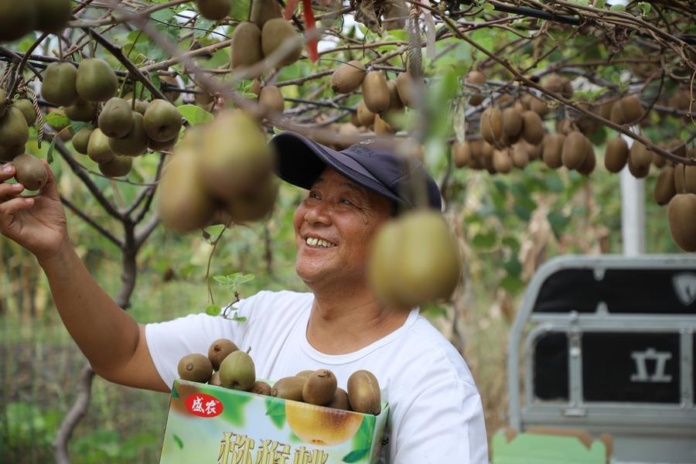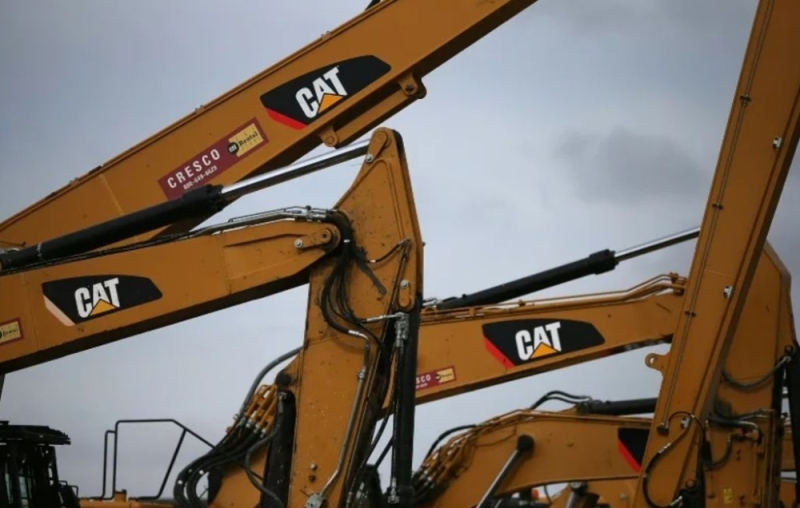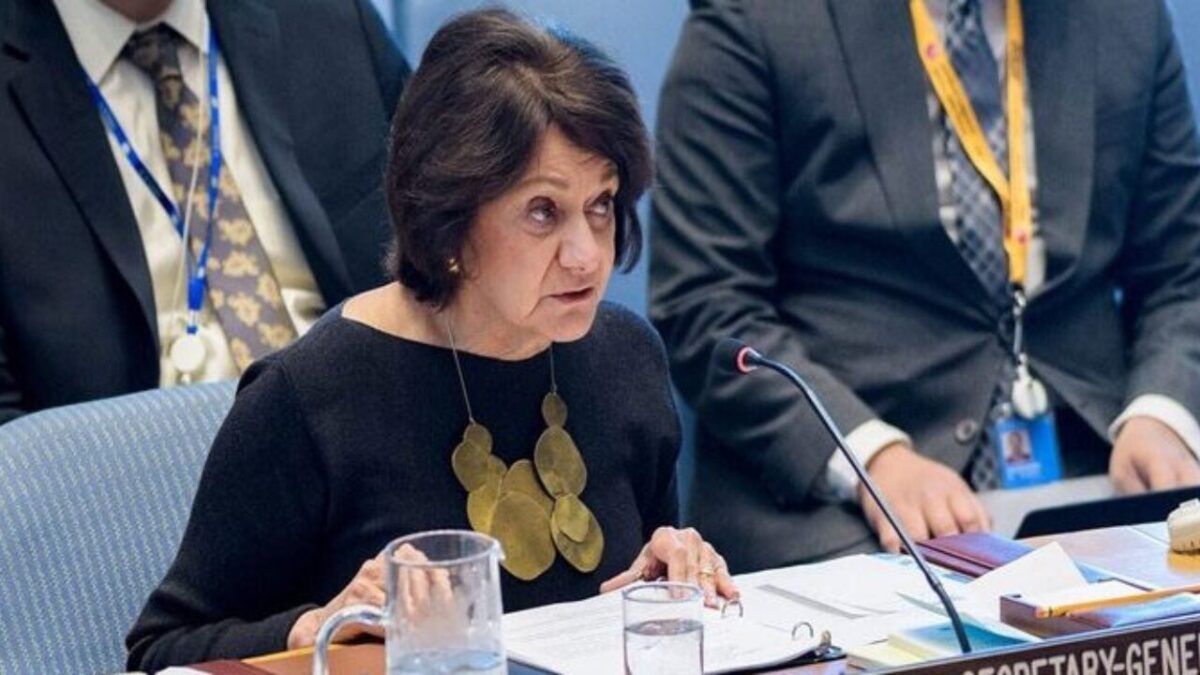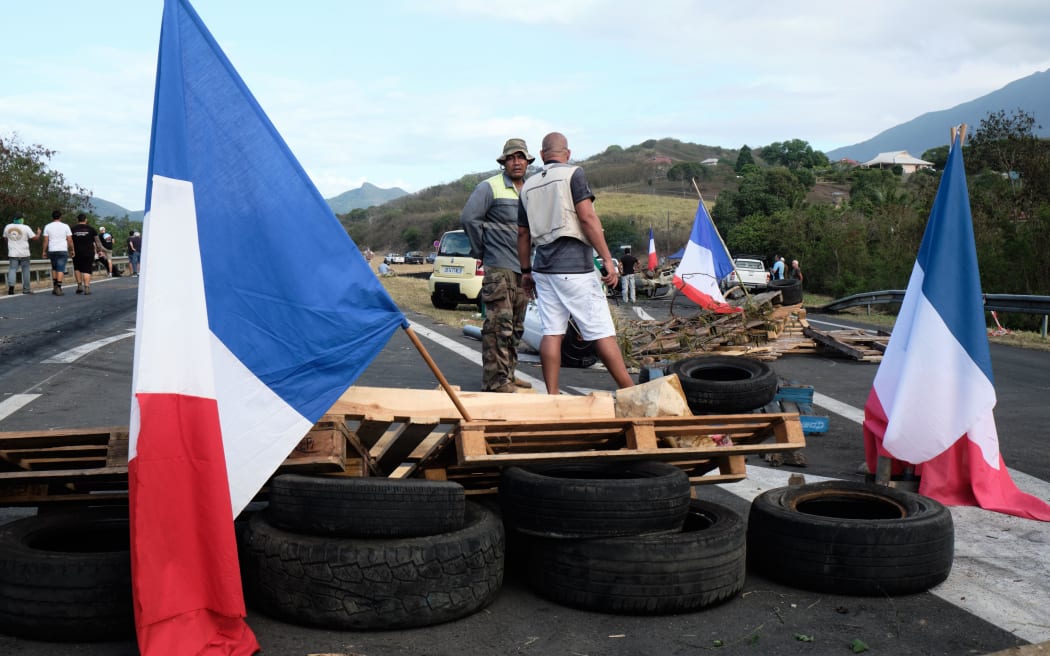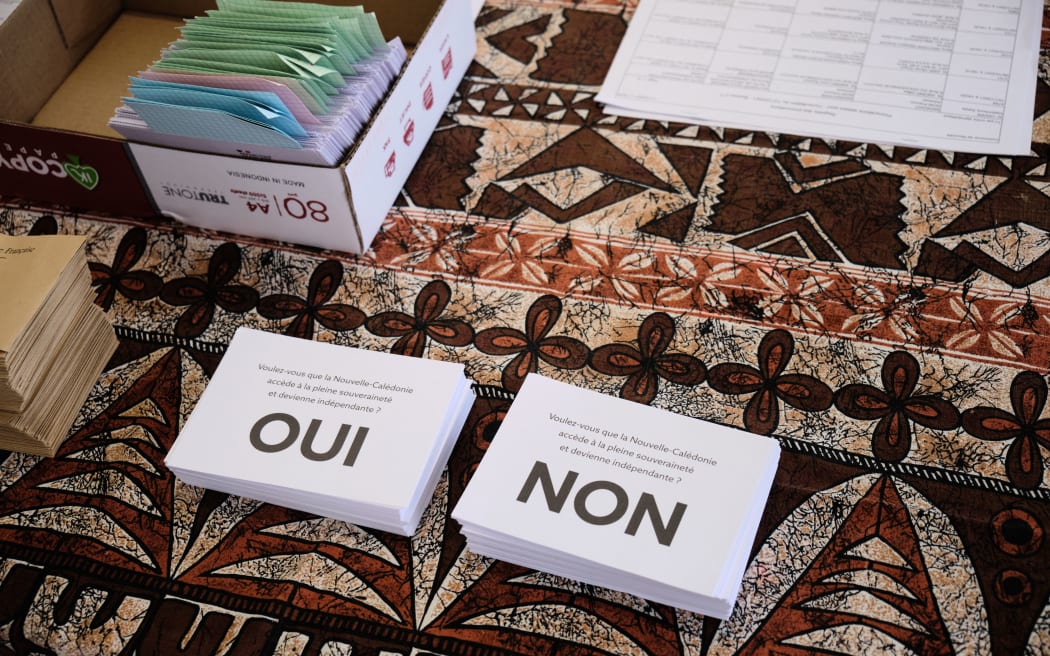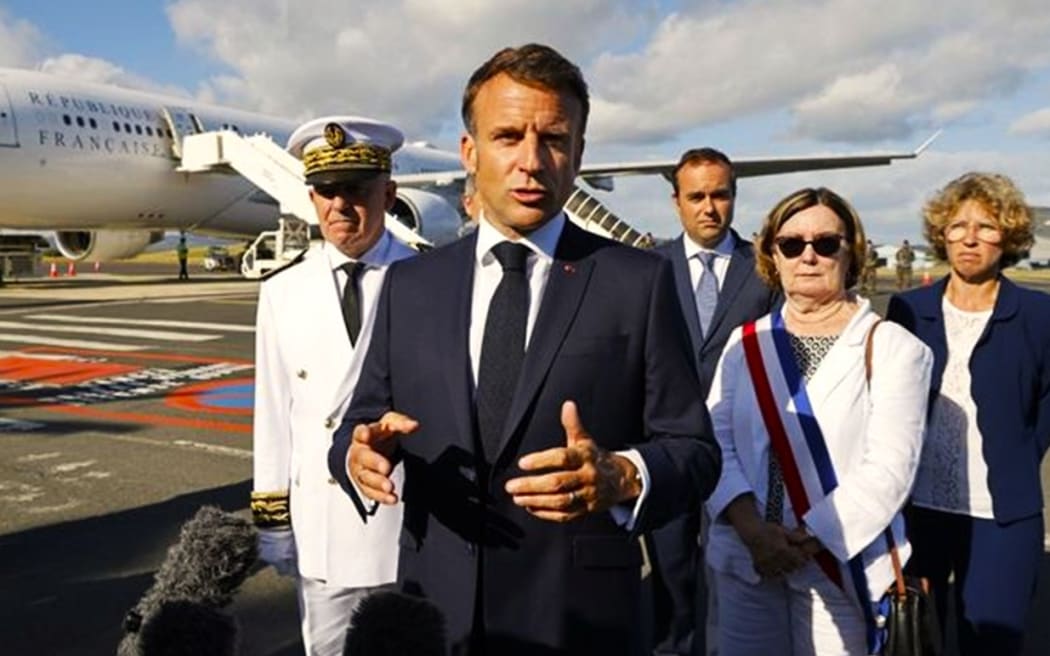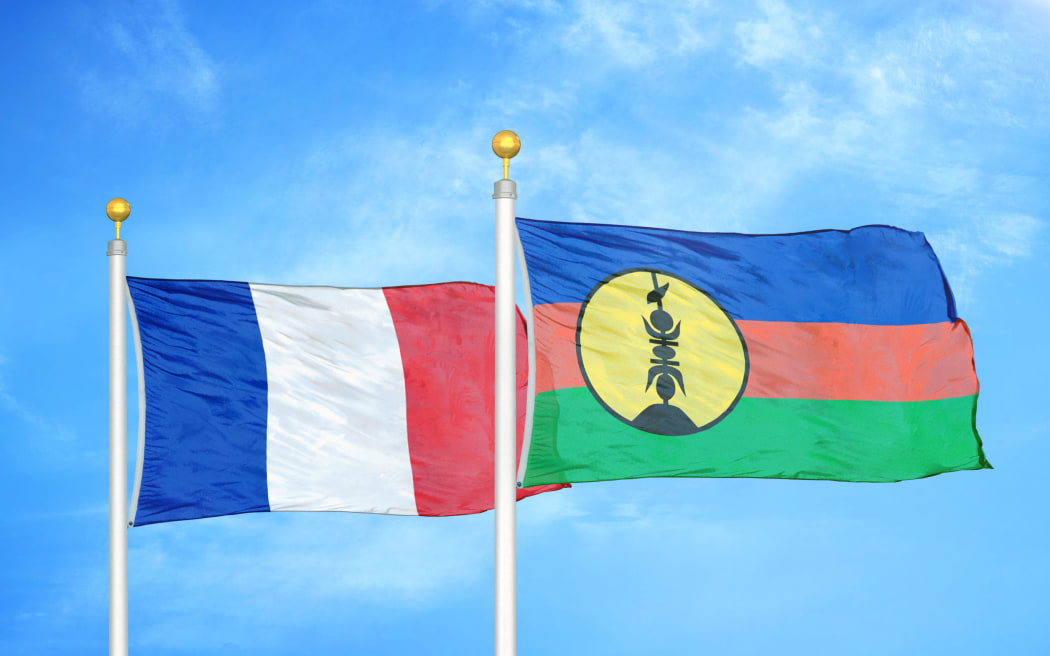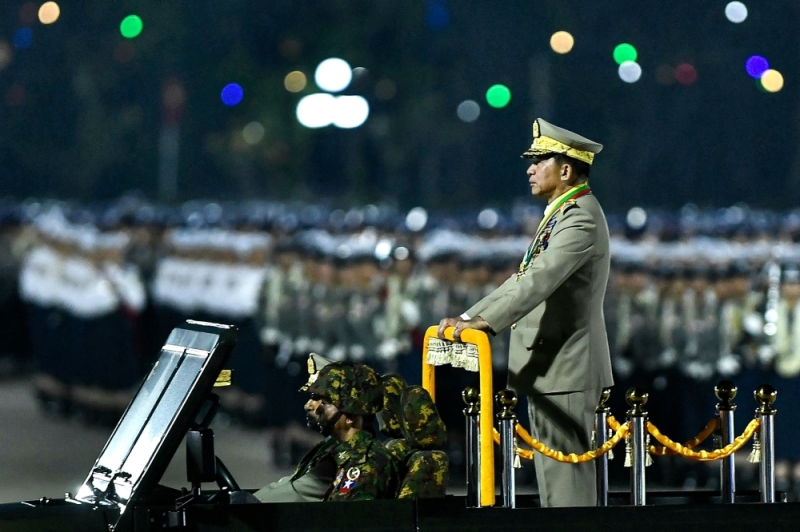
Myanmar’s junta chief Min Aung Hlaing has made a rare apology after security forces killed the popular abbot of a Buddhist monastery in an incident the military initially blamed on opponents of its coup. — AFP pic
Wednesday, 26 Jun 2024
YANGON, June 26 — Myanmar’s junta chief has made a rare apology after security forces killed the popular abbot of a Buddhist monastery in an incident the military initially blamed on opponents of its coup.
Sayadaw Bhaddanta Munindabhivamsa, 78, was a prominent teacher and author on Buddhism and head of a monastery that had publicly opposed the military’s 2021 coup that has plunged Myanmar into turmoil.
He was shot dead on June 19 as he travelled by car through central Mandalay region.
Junta-controlled media initially blamed opponents of its coup for the killing but the next day a senior monk who had been at the scene said security forces were responsible.
His accusation went viral on social media and the junta said it would investigate the incident.
“We are extremely heartbroken for losing Sayadaw Bhaddanta Munindabhivamsa,” junta chief Min Aung Hlaing said in a letter that was read out at the abbot’s monastery on Monday.
“We would like to give our sincere apology for this case,” the letter said.
The car the abbot had been travelling in had no religious markings on it, according to the letter, and had not slowed down at a checkpoint, leading junta troops to open fire.
An investigation would be carried out and the junta would take “action based on the facts.”
The abbot’s funeral would take place on Thursday
The military has long sought to portray itself as a protector of Buddhist identity, the majority religion in Myanmar.
Since seizing power in 2021 it has arrested and jailed locals and foreigners accused of “harming” Buddhism in its sweeping crackdown on dissent that has seen thousands jailed or killed, according to a local monitoring group.
But the clergy have also been at the forefront of political protests.
Huge demonstrations sparked by fuel price hikes in 2007 were led by monks, and the clergy also mobilised relief efforts after 2008’s devastating Cyclone Nargis and the inaction of a former junta.
WFP condemns looting and burning of its warehouse in Myanmar
WFP is providing emergency food support to conflict-affected populations in Myanmar and has assisted almost one million people so far this year. The seizure of food and other goods and the destruction of humanitarian facilities in Maungdaw undermines these efforts and must be stopped.
WFP calls on all parties to the conflict to uphold their obligations under International Humanitarian Law to ensure that humanitarian facilities and assets are respected and protected, and safe and secure access is provided for the delivery of vital assistance to those in urgent need.
WFP staff have been unable to access the Maungdaw warehouse since late May due to increasing conflict in northern Rakhine. The warehouse was holding 1,175 metric tons of life-saving food and supplies - enough emergency food to sustain 64,000 people for one month. WFP continues to gather details of the circumstances surrounding the incident.
# # #
The United Nations World Food Programme is the world’s largest humanitarian organization saving lives in emergencies and using food assistance to build a pathway to peace, stability and prosperity for people recovering from conflict, disasters, and the impact of climate change.
Follow us on X, formerly Twitter, via @wfp_media @wfp_asiapacific
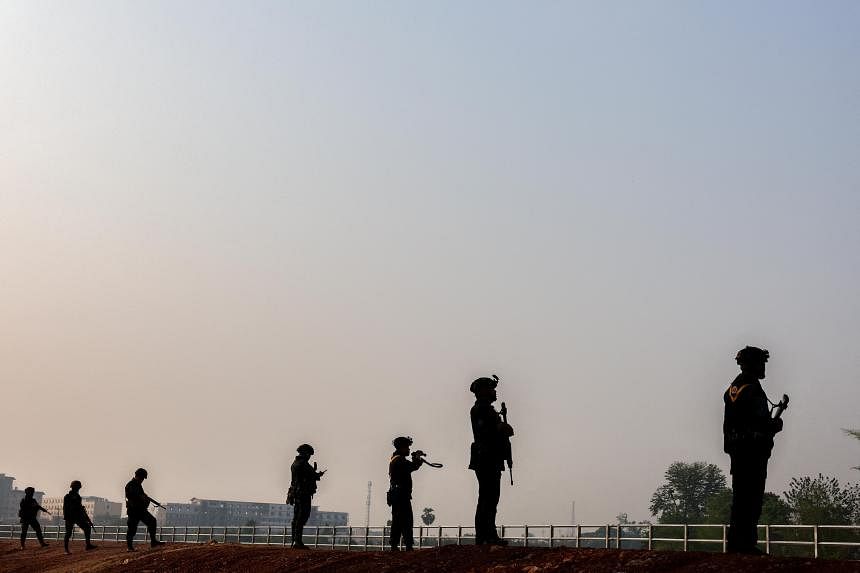
WASHINGTON - International efforts to isolate Myanmar’s ruling junta appear to have dented its ability to purchase new military equipment from overseas, but the military is still able to access money and weapons for its war against anti-coup forces, a UN expert said in a report published on June 26.
Myanmar has been plunged in turmoil since the military seized power from an elected government in a 2021 coup, which sparked financial sanctions imposed on the military, banks and other associated businesses by Western countries.
More than three years on, a protest movement against the coup has evolved into a full-blown civil war, with the military accused of launching air strikes on insurgents and civilians alike as it lost control of large swathes of territory.
A report by the UN special rapporteur on the situation of human rights in Myanmar, Mr Tom Andrews, found the value of weapons, dual-use technologies, manufacturing equipment and other materials imported by the junta amounted to US$253 million (S$343 million) in the year up to March 2024.
That was a third less than the previous year, the report said, thanks to efforts by Singapore to prevent its companies from aiding the junta.
Mr Andrews told Reuters in an interview that the progress showed that sanctions and other international efforts can have an impact on the junta’s ability to resupply, and therefore reduce the military’s ability to launch attacks like air strikes that have killed civilians in their villages.
“The very means by which they are attacking these villages are dependent upon their access to weapons and materials supplied from overseas,” he said.
Myanmar’s military denies accusations it has committed atrocities against civilians and says it is fighting “terrorists”.
Officials have played down the impact of sanctions and said they only delay the military’s plan to return the country to democracy.
Mr Andrews looked at purchases by entities controlled by the junta’s defence ministry, identifying US$630 million in military procurement between 2022 and 2024.
Exports from Singapore dropped from more than US$110 million in the 2022 fiscal year to just over US$10 million, the report said.
However, Myanmar’s neighbour Thailand partially filled the gap. Companies registered in Thailand transferred weapons and related materials worth US$120 million in the 2023 fiscal year, compared with US$60 million the year before, the report said.
“In a striking example, in 2023, Thailand-registered companies became the SAC’s source for spare parts for its Mi-17 and Mi-35 helicopters that Singapore-registered companies provided previously,” the report said, referring to the junta’s formal name, the State Administration Council.
“The SAC uses these helicopters to transport soldiers and conduct air strikes on civilian targets, such as the April 2023 attack on Pazigyi village in Sagaing region that killed approximately 170 people, including 40 children.”
Thai Prime Minister Srettha Thavisin told Reuters in an interview in April that Thailand will not take sides and will address all concerns in the conflict.
The military said members of the armed resistance were killed in the Pazigyi village strike.
Warning from rights group comes as fighting between Myanmar’s military and Arakan Army traps Rohingya in the western state.

By Al Jazeera Staff
Published On 26 Jun 2024
A United Kingdom-based rights group has called for global action over what it called an “intensifying genocide” against Myanmar’s mostly Muslim Rohingya minority as fighting between the Southeast Asian country’s military and a powerful ethnic armed group escalated in the western Rakhine State.
The warning from the Burmese Rohingya Organisation UK (BROUK) on Tuesday came as the United Nations’ World Food Programme (WFP) condemned the looting and burning of its food stores and warehouse in Maungdaw, a coastal town on Myanmar’s border with Bangladesh that is mainly home to the Rohingya and is the focus of the current hostilities between the military and the Arakan Army (AA).
The AA represents Rakhine’s Buddhist majority and is fighting for autonomy for the region.
It issued evacuation orders for Maungdaw late on June 17 ahead of a planned offensive, leaving tens of thousands of Rohingya residents of the town with “nowhere to flee”, according to the UN’s human rights chief.
The Rohingya, considered outsiders by the military as well as many of Rakhine’s Buddhist residents, have long suffered persecution in Myanmar, including a brutal military offensive that drove some 750,000 members of the community into Bangladesh in 2017.
The crackdown is now the subject of a genocide case at the International Court of Justice (ICJ).
BROUK, in its new report, said the 600,000 Rohingya who remain in Rakhine are facing increased persecution after fighting between the military and the AA resumed last October. The military, which seized power in a February 2021 coup, is subjecting Rohingya in areas under their control to a “slow death” by depriving them of resources indispensable for survival – including food, water, shelter, sanitation and medical care – and also forcibly recruiting members of the community, including children, and sending them to the front lines to fight against the AA, it said.
Both the military and the AA have committed war crimes against the Rohingya, BROUK said, including “murder, torture, cruel treatment, extrajudicial executions, sexual violence, rape, taking hostages, conscripting and using children, pillaging, and deliberately attacking civilians”.
“Rohingya remaining in Rakhine State face either a fast death being killed by the Myanmar military or Arakan Army, or a slow death as a result of being systematically deprived of the basic necessities of life,” said Tun Khin, president of BROUK. “We are witnessing another significant increase in violence against the Rohingya and once again the UN Security Council looks on and does nothing.”
The international community’s failure to protect the Rohingya has resulted in “hundreds, if not several thousands” of deaths in the past six months alone, BROUK said.
Global inaction
Additionally, some 200,000 Rohingya who are internally displaced are now in dire need of humanitarian aid to prevent further loss of life, the rights group said, while an additional 11,000 members of the community – about half of them children – are trapped near Rakhine’s capital, Sittwe, surrounded by landmines and unable to flee as the fighting edges closer to the city.
BROUK warned that the international community could not afford to fail the Rohingya again, saying that authorities in Myanmar had failed to act on the ICJ’s order in 2020 to avoid acts against the minority population that could constitute genocide.
The group called for an open meeting of the United Nations Security Council to discuss the military’s “repeated breaches” of the ICJ’s orders as well as action to end what it called a “cycle of impunity” in the country, including by a referral to the International Criminal Court or the creation of an ad hoc international tribunal.
“For the past 12 years, by repeatedly failing to take action to prevent violations of international law against the Rohingya, the UN Security Council has been sending a message to authoritarian regimes worldwide that they can get away with attempting to wipe out minorities they don’t like,” Tun Khin said.
“The Rohingya genocide was not inevitable, it was allowed to happen and is still being allowed to happen,” he added.
The renewed fighting between the military and the AA has forced some 45,000 Rohingya in Maungdaw and neighbouring Buthidaung township to flee to the Bangladesh border, the UN rights office said in May. The displacement came amid reports of widespread arson of Rohingya villages in Buthidaung, with survivors accusing the AA of carrying out the attacks in retaliation for alleged Rohingya support for the military.
The UN rights office said it had also documented at least four cases of beheadings by the AA.
The WFP on Tuesday said the fighting had cut off its access to its warehouse in Maungdaw since late May.
And on Saturday, the food supplies there were looted and the building burned down, it said.
The warehouse was holding 1,175 tonnes of food and supplies – enough emergency food to sustain 64,000 people for one month.
The UN food agency did not name the perpetrators but said it was continuing to gather details of the circumstances surrounding the incident.
It added, “The WFP calls on all parties to the conflict to uphold their obligations under International Humanitarian Law to ensure that humanitarian facilities and assets are respected and protected, and safe and secure access is provided for the delivery of vital assistance to those in urgent need.”
KEEP READING
SOURCE: AL JAZEERA
Battles, conflict complicate ethnic judicial system in Myanmar
2024.06.26
Mae Sot, Thailand
 Soldiers of Karen National Union (KNU) march during the 70th anniversary of Karen National Revolution Day in Kaw Thoo Lei, Kayin state, Myanmar, Jan. 31, 2019.
Soldiers of Karen National Union (KNU) march during the 70th anniversary of Karen National Revolution Day in Kaw Thoo Lei, Kayin state, Myanmar, Jan. 31, 2019.Myanmar’s ethnic minority insurgent groups are grappling with a growing problem as they take over larger areas from junta forces in a surge of fighting since a 2021 coup: how to maintain law and order with few resources and while under constant threat of attack.
The Karen National Union, or KNU, controlling areas of Kayin state, is among the groups dealing with rising violent crime rates, especially offenses against minors, while struggling to maintain governance amid battles with junta forces.
“When there is conflict, there is not a normal situation. Whoever commits crimes like this, they have a lot of chances to flee,” said KNU spokesperson Saw Taw Nee, highlighting the difficulties in prosecuting offenders amid the chaos of war.

The conflict has displaced more than 229,000 people in Kayin state alone, according to the U.N. and amidst the turmoil, the KNU’s justice system has been pushed to its limits, resulting in controversial measures to combat heinous crimes.
Saw Taw Nee confirmed that “two or three” death sentences had been carried out in recent years, but declined to comment further, citing a lack of knowledge on the details. The KNU’s Department of Judiciary did not respond to requests for comment from Radio Free Asia.
In January 2024, a 60-year-old man was sentenced to death for raping two 12-year-old girls. This followed a 2022 case where two men received death sentences for the rape and murder of sisters aged 9 and 12.
These cases underscore the KNU’s resort to capital punishment, despite criticism from human rights organizations.
“As a human rights organization, we utterly condemn capital punishment in all circumstances,” said Saw Nanda Hsue of the Karen Human Rights Group. However, he acknowledged the complex reality in the “absence of proper mechanisms to hold civilian perpetrators accountable.”
The challenges faced by the KNU are not unique. Other political organizations opposing military rule and trying to administer civilian populations, such as the United League of Arakan and the Karenni Interim Executive Council, struggle with similar issues.
A source asking to be cited as an observer of the Arakan Army insurgent force, part of the United League of Arakan political group, told RFA that the group did not have enough lawyers or judges, and “very inadequate” infrastructure and facilities while prisons are at a constant risk of being attacked by junta troops.
“As [they gain] more controlled area and more population, the ULA will definitely face an increase in all types of cases,” the source said in a statement. “In some areas, gender-based violence and sexual assault cases might be more heard [in the] public domain.”
He told RFA he was not aware of any recent executions under the United League of Arakan.
Huge caseload
Similarly, the Karenni Interim Executive Council in Kayah state has begun training police forces to handle an increase in looting of homes abandoned because of the conflict, and petty crimes, as well as security for civilians, said John Quinley, director of Fortify Rights. Quinley interviewed members of the police force, who told him about the shortage of both facilities and personnel.
“They said, ‘you know, it’s really difficult. We have airstrikes and artillery fire in this area almost on a daily basis. But we’re also trying to get these guys that are trying to steal goods from houses,’” he said.
“Even the amount of judges that you have is fairly limited and their caseloads are really high, and so you just have a lot of petty crime, you have also other cases that are related to prisoners of war or related to crimes that maybe the resistance forces committed that need to go through the courts, so it’s just really quite a big caseload.”

Ethnic minority political groups and their armies are increasingly taking over areas that have been devastated by the battles in which control over them was won.
“If you’re dealing with towns and villages that have been bombed out ... the courthouse is gone, the jails are gone, what they use for detention, and then once the sentences have been issued, prisons just simply aren’t available,” said Jonathan Liljeblad, an associate professor at Australian National University’s College of Law.
The United League of Arakan’s handling of more than 4,000 cases in recent years may soon be dwarfed by the growing caseloads across all areas controlled by ethnic minority organizations potentially leading to a bigger crisis in their makeshift justice systems.
“There’s a lot of challenges, like how to maintain the rule of law in our territory, especially prisons and the capacity of our people,” said the KNU’s Saw Taw Nee.
“We are still in a struggling time for our rights and liberties, so we could not focus on the specific issues like that,” he said in reference to the death penalty.
Edited by Taejun Kang.
